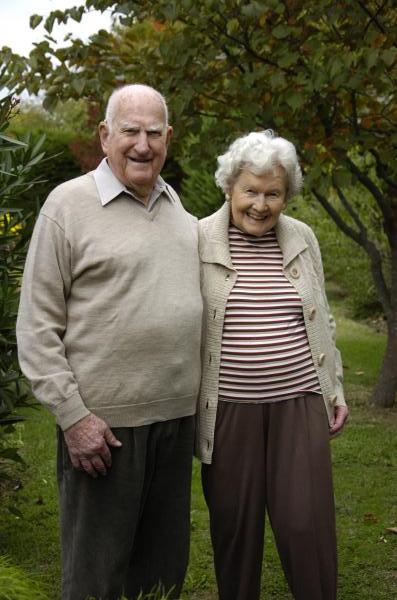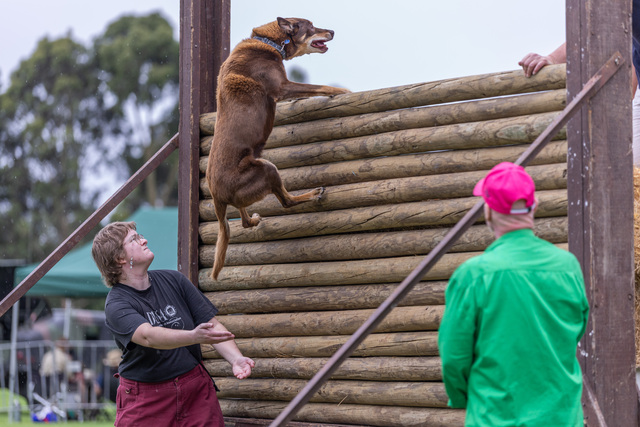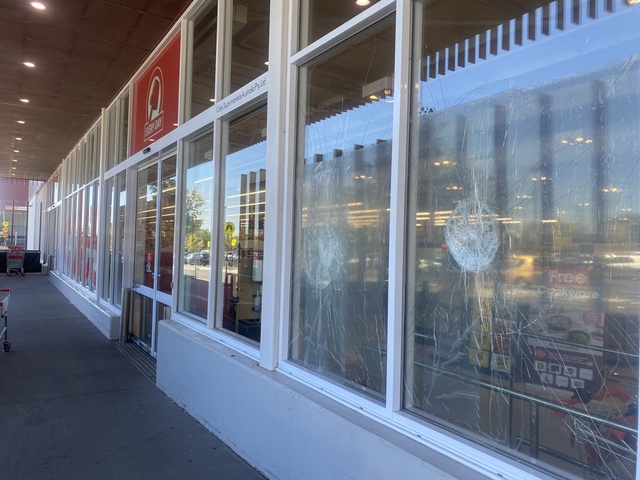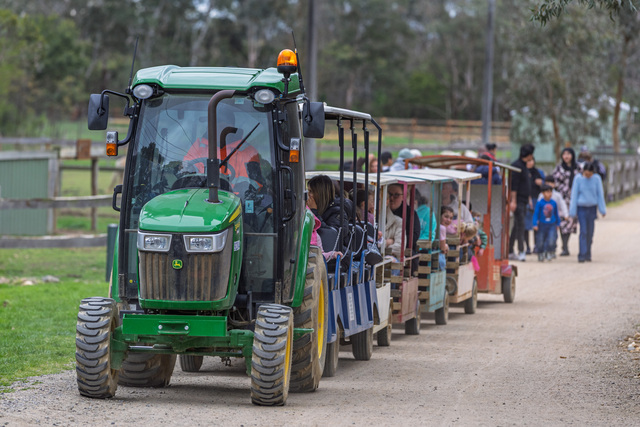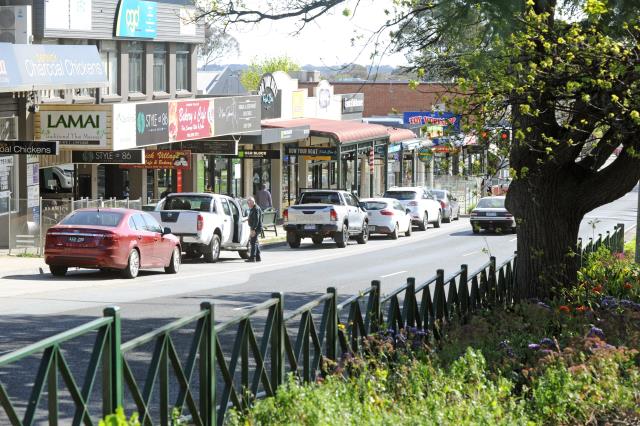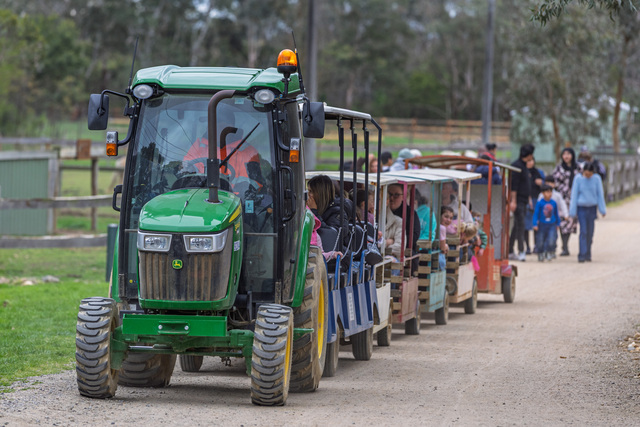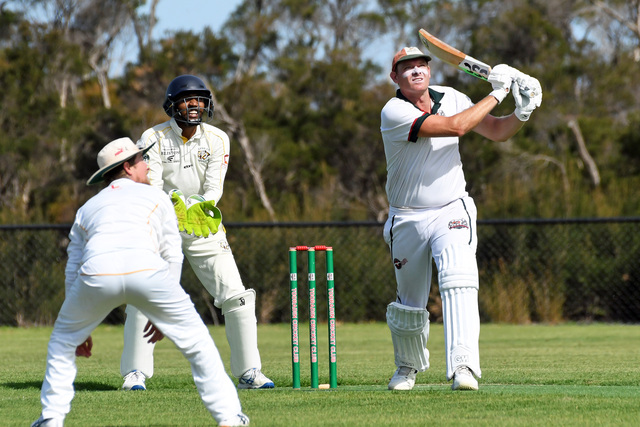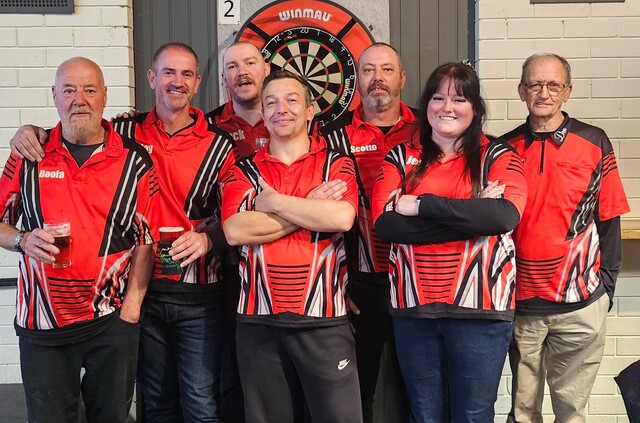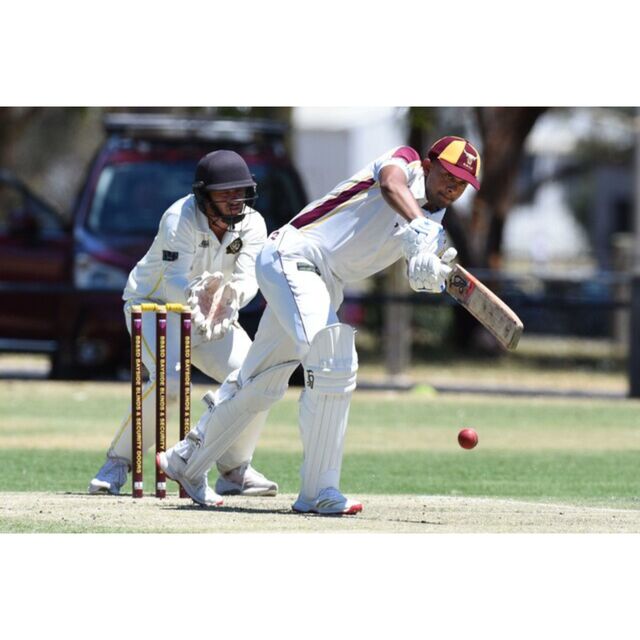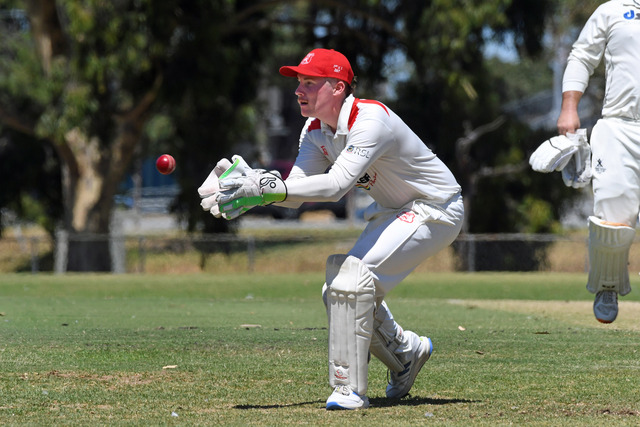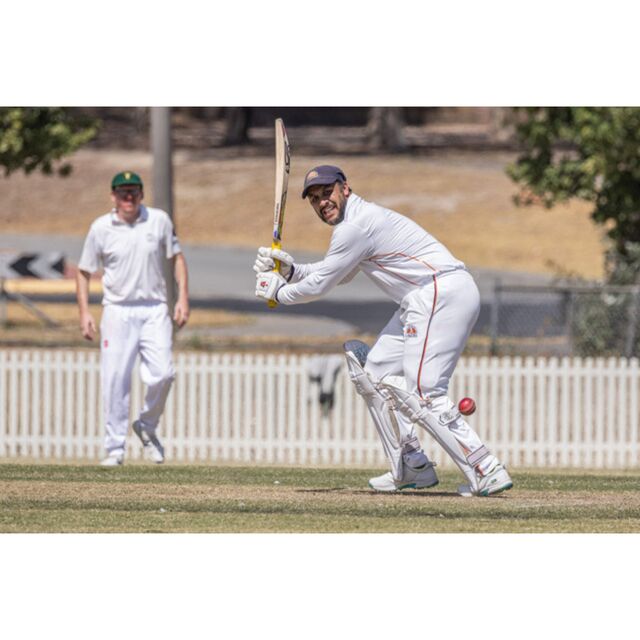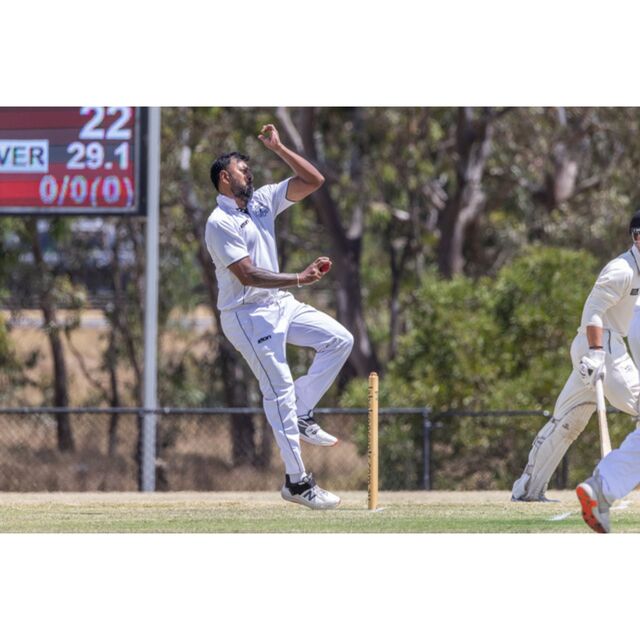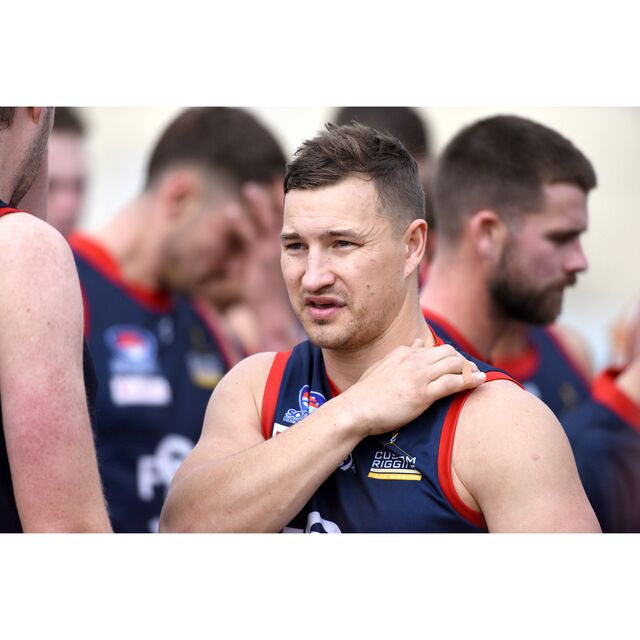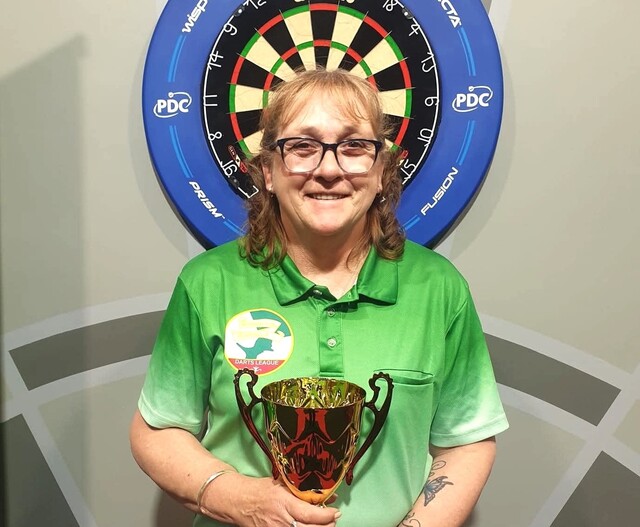By NICOLE WILLIAMS
BOB Whitecross’s World War II action was a series of close calls, but it was his wife-to-be Bernice that brought him home after his discharge.
Before a posting to Papua New Guinea in 1943, Mr Whitecross did not see any action for his first three years of service as a pilot.
A bird eating spider was only one close call during his time in the air and on the ground.
“I remember nearly getting caught by cloud descending into a valley and just missing the top of a ridge I thought I had passed,” he said.
“And going outside at night in the dark for a pee and walking straight into the web of a 10-inch bird catching spider. I still recall the fright when my face met the spider and it occurred 60 years ago.”
A reconnaissance flight in September 1943 was also a little too close for comfort.
“It was a reconnaissance very close to Lae and I flew very low to look in through the windows. There was light machinegun fire on this occasion and the aircraft received several bullet holes in the window close to the cockpit.”
After postings to both Morotai and Borneo, the war ended and Mr Whitecross had racked up over 1000 flying hours.
He spent two years in Japan, with very little flying time, but the close calls were not over.
He was also involved in spraying DDT over the Mekong area and visited Hiroshima, with no idea of the possible consequences.
“We were kicking up dust, thoroughly unaware of the effects of radiation.”
He was soon sent to Tokyo as a member of the War Crimes Commission, largely trying POW camp guards accused of torture.
“I think one who was particularly nasty was hanged and others were jailed for various periods,” he said. “It is not one I am proud of.”
He was discharged in May 1947 and moved to Cairns where he met his current wife Bernice.
Bernice Whitecross enlisted for service in World War II for the big adventure – but it didn’t end up being the adventure she had in mind.
She was posted to Morotai, New Guinea, at a camp hospital, which predominantly treated POWs when the war officially ended.
The POWs were sick and weak but treated before returning to home soil.
“It was an experience, I don’t regret it but it wasn’t quite what I had anticipated,” she said.
“I thought I would join the Army and see the world but I was stuck on this little island.”
Bernice and Bob met years after the war ended in Cairns, and were surprised to realise they were both posted to Morotai during the war, although a different times.
Ironically it was Mr Whitecross’s job as an air traffic controller which saw them return to Papua New Guinea, where they lived for seven years.
“That was another adventure,” Mrs Whitecross said.
“The hospital was the same as it was in the Army but it was all a bit more adventurous than when I was in the Army.”
The couple had two children in Papua New Guinea, living in Lae, Morotai, Madang and Port Moresby.
They now live in Berwick.

